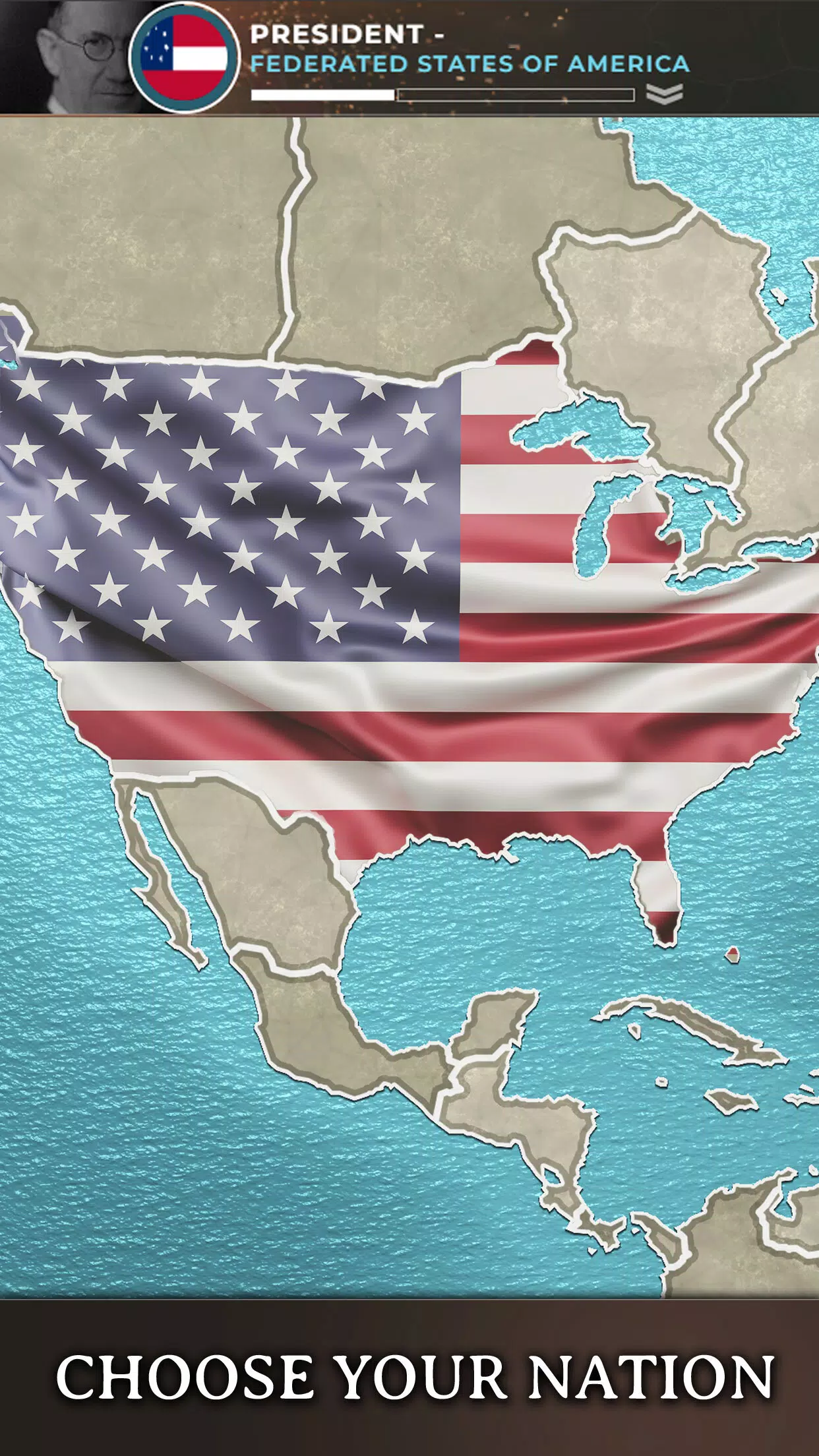If the United States had entered World War I earlier, the course of history could have been significantly altered in several ways:
-
Shortened Duration of the War: The earlier entry of the US could have accelerated the end of the war. With fresh troops and resources, the Allies might have been able to break the stalemate on the Western Front sooner, potentially leading to an earlier armistice.
-
Impact on the Eastern Front: An earlier US entry might have influenced the outcome on the Eastern Front. With the Central Powers potentially facing a more rapid defeat in the West, they might have been less able to focus on the East, possibly altering the outcome of the Russian Revolution and the subsequent Treaty of Brest-Litovsk.
-
Economic and Military Strain on the Central Powers: The earlier involvement of the US would have increased the economic and military pressure on Germany and its allies. This could have led to a more severe economic collapse and possibly more punitive terms in the Treaty of Versailles.
-
Changes in Post-War Europe: With the war ending earlier, the geopolitical landscape of Europe might have been different. The extent of territorial changes, the rise of new nations, and the severity of reparations imposed on Germany could have been less drastic, potentially altering the conditions that led to World War II.
-
Influence on American Domestic Politics: An earlier entry into the war could have had significant domestic repercussions in the US. The war effort might have intensified political and social tensions, possibly affecting the Progressive Era reforms and the subsequent Roaring Twenties.
-
Global Power Dynamics: The US's earlier involvement could have solidified its position as a global power even sooner, influencing international relations and the balance of power in the interwar period.
In summary, an earlier US entry into World War I could have led to a shorter conflict, different post-war conditions in Europe, and a more pronounced role for the US on the world stage.




















